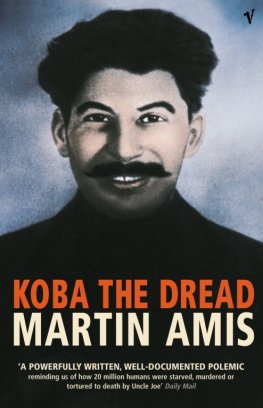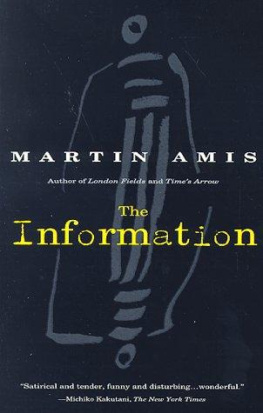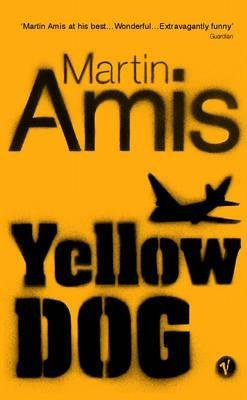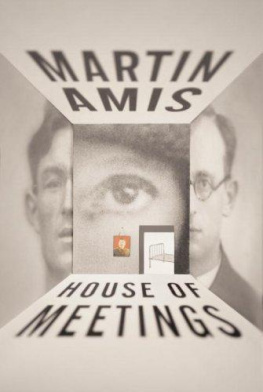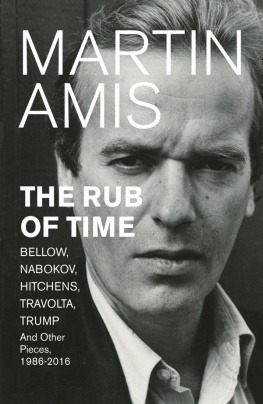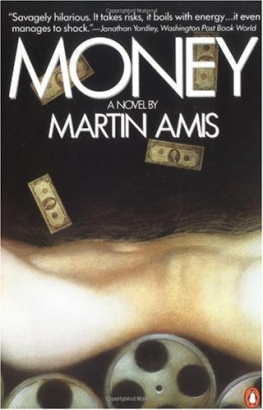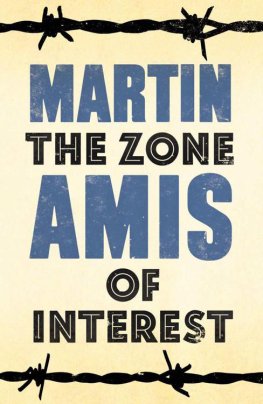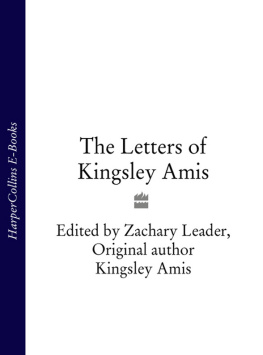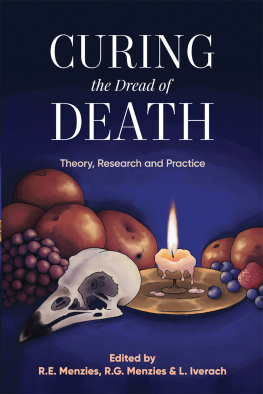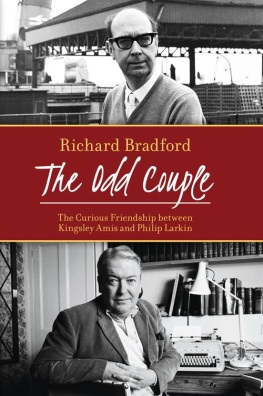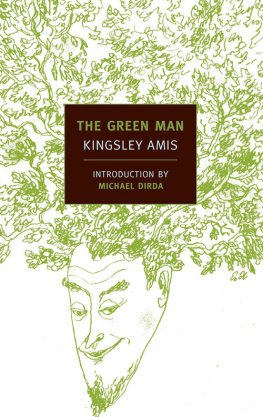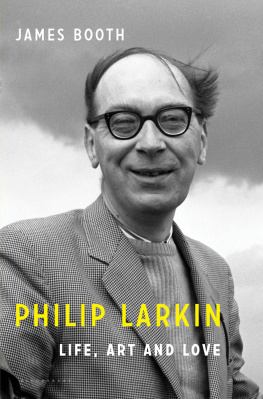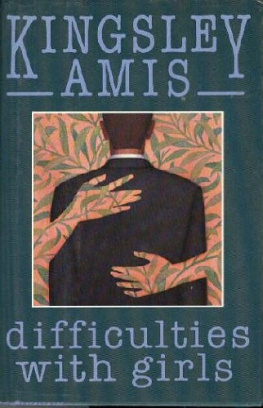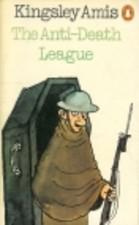Martin Amis
KOBA THE DREAD
Laughter and the Twenty Million
To Bob and Liddie
and to Clio
PART I
THE COLLAPSE OF THE VALUE OF HUMAN LIFE
Here is the second sentence of Robert Conquests The Harvest of Sorrow: Soviet Collectivization and the Terror-Famine:
We may perhaps put this in perspective in the present case by saying that in the actions here recorded about twenty human lives were lost for, not every word, but every letter, in this book.
That sentence represents 3,040 lives. The book is 411 pages long.
Horse manure was eaten, partly because it often contained whole grains of wheat (1,340 lives). Oleska Voytrykhovsky saved his and his familys lives by consuming the meat of horses which had died in the collective of glanders and other diseases (2,480 lives). Conquest quotes Vasily Grossmans essayistic-documentary novel Forever Flowing: And the childrens faces were aged, tormented, just as if they were seventy years old. And by spring they no longer had faces. Instead, they had birdlike heads with beaks, or frog heads thin, wide lips and some of them resembled fish, mouths open (3,880 lives). Grossman goes on:
In one hut there would be something like a war. Everyone would keep close watch over everyone else The wife turned against her husband and the husband against his wife. The mother hated the children. And in some other hut love would be inviolable to the very last. I knew one woman with four children. She would tell them fairy stories and legends so that they would forget their hunger. Her own tongue could hardly move, but she would take them into her arms even though she had hardly the strength to lift her arms when they were empty. Love lived on within her. And people noticed that where there was hate people died off more swiftly. Yet love, for that matter, saved no one. The whole village perished, one and all. No life remained in it.
Thus: 11,860 lives. Cannibalism was widely practised and widely punished. Not all these pitiable anthropophagi received the supreme penalty. In the late 1930s, 325 cannibals from the Ukraine were still serving life sentences in Baltic slave camps.
The famine was an enforced famine: the peasants were stripped of their food. On 11 June 1933, the Ukrainian paper Visti praised an alert secret policeman for unmasking and arresting a fascist saboteur who had hidden some bread in a hole under a pile of clover. That word fascist. One hundred and forty lives.
In these pages, guileless prepositions like at and to each represent the murder of six or seven large families. There is only one major book on this subject Conquests. Again: it is 411 pages long.
I am a fifty-two-year-old novelist and critic who has recently read several yards of books about the Soviet experiment. On 31 December 1999, along with Tony Blair and the Queen, I attended the celebrations at the Millennium Dome in London. Touted as a festival of high technology in an aesthetic dreamscape, the evening resembled a five-hour stopover in a second-rate German airport. For others, the evening resembled a five-hour attempt to reach a second-rate German airport so I wont complain. I knew that the millennium was a non-event, reflecting little more than our interest in zeros; and I knew that 31 December 1999 wasnt the millennium anyway. But that night did seem to mark the end of the twentieth century; and the twentieth century is unanimously considered to be our worst century yet (an impression confirmed by the new book I was reading: Reflections on a Ravaged Century, by Robert Conquest). I had hoped that at midnight I would get some sort of chiliastic frisson. And I didnt get it at the Dome. Nonetheless, a day or two later I started to write about the twentieth century and what I took to be its chief lacuna. The piece, or the pamphlet, grew into the slim volume you hold in your hands. I have written about the Holocaust, in a novel (Times Arrow). Its afterword begins:
This book is dedicated to my sister Sally, who, when she was very young, rendered me two profound services. She awakened my protective instincts; and she provided, if not my earliest childhood memory, then certainly my most charged and radiant. She was perhaps half an hour old at the time. I was four.
It feels necessary to record that, between Millennium Night and the true millennium a year later, my sister died at the age of forty-six.
In 1968 I spent the summer helping to rewire a high-bourgeois mansion in a northern suburb of London. It was my only taste of proletarian life. The experience was additionally fleeting and qualified: when the job was done, I promptly moved into the high-bourgeois mansion with my father and stepmother (both of them novelists, though my father was also a poet and critic). My sister would soon move in too. That summer we were of course monitoring the events in Czechoslovakia. In June, Brezhnev deployed 16,000 men on the border. The military option on the Czech problem was called Operation Tumour My father had been to Prague in 1966 and made many contacts there. After that it became a family joke the stream of Czechs who came to visit us in London. There were bouncing Czechs, certified Czechs, and at least one honoured Czech, the novelist Josef Skvorecky. And then on the morning of 21 August my father appeared in the doorway to the courtyard, where the rewiring detail was taking a break, and called out in a defeated and wretched voice: Russian tanks in Prague.
I turned nineteen four days later. In September I went up to Oxford.
The first two items in The Letters of Kingsley Amis form the only occasion, in a book of 1,200 pages, where I find my father impossible to recognize. Here he is humourlessly chivvying a faint-hearted comrade to rally to the cause. The tone (earnest, elderly, soppy-stern) is altogether alien: Now, really, you know, this wont do at all, leaving the Party like that. Tut, tut, John. I am seriously displeased with you. The second letter ends with a hand-drawn hammer and sickle. My father was a card-carrying member of the CP, taking his orders, such as they were, from Stalins Moscow. It was November 1941: he was nineteen, and up at Oxford.
1941. Kingsley, let us assume, was sturdily ignorant of the USSRs domestic cataclysms. But its foreign policies hardly cried out for ones allegiance. A summary. August 1939: the Nazi-Soviet Pact. September 1939: the Nazi-Soviet invasion-partition of Poland (and a second pact: the Soviet-German Treaty on Borders and Friendship). November 1939: the annexation of Western Ukraine and Western Belorussia, and the attempted invasion of Finland (causing the USSRs expulsion, the following month, from the League of Nations). June 1940: the annexation of Moldavia and Northern Bukovina. August 1940: the annexation of Lithuania, Lativa and Estonia; and the murder of Trotsky. These acquisitions and decapitations would have seemed modest compared to Hitlers helter-skelter successes over the same period. And then in June 1941, of course, Germany attacked the Soviet Union. My father rightly expected to participate in the war; the Russians were now his allies. It was then that he joined the Party, and he remained a believer for fifteen years.
How much did the Oxford comrades know, in 1941? There were public protests in the West about the Soviet forced-labour camps as early as 1931. There were also many solid accounts of the violent chaos of Collectivization (192934) and of the 1933 famine (though no suggestion, as yet, that the famine was terroristic). And there were the Moscow Show Trials of 193638, which were open to foreign journalists and observers, and were monitored worldwide. In these pompous and hysterical charades, renowned Old Bolsheviks confessed to being career-long enemies of the regime (and to other self-evidently ridiculous charges). The pubescent Solzhenitsyn was stunned by the fraudulence of the trials. And yet the world, on the whole, took the other view, and further accepted indignant Soviet denials of famine, enserfment of the peasantry, and slave labour. There was no reasonable excuse for believing the Stalinist story. The excuses which can be advanced are irrational, writes Conquest in

